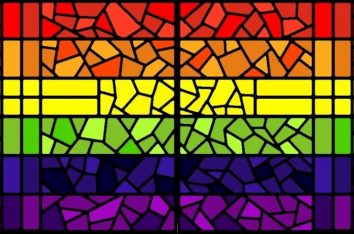In western culture we have not only grown accustomed to dualisms of various kinds, but we seem to assume they are unavoidable. Whether we’re talking about the sacred and the secular, divinity and humanity, or the natural and the spiritual, we live in a society more characterized by either/ors than by both/ands.
A Theology of Exile addresses this issue and proposes some ways forward from dualism and division to integration and unity.
Before we unpack the concept of Exile I would like to highlight a few examples of the dualism (or tension) that spiritual seekers may be faced with.
One issue that many struggle with is the relationship between the already and the not yet. We often understand the gospel in terms spiritual promises that await a future fulfilment in the eternal kingdom of heaven. Can you detect all the examples of dualism here? Heaven, not earth. Eternity, not time. Future, not present. Later, not now. Are we really consigned to such either/ors? Does it have to be one or the other?
Or take the example of the so-called warfare between the physical and the spiritual. So many sincere people have spent years nurturing a mistrust of the physical world, mainly because they have been told that anything physical or material is “carnal” and unworthy of too much attention or concern.
This leads to the mack-daddy of all dualisms: the human versus the divine. As a graduate student I had (what theologians call) the “Creator/creature distinction” drilled into me, which insists that there is no context whatsoever in which humanity can overlap with divinity. As one prominent twentieth-century scholar used to say, we will always be more unlike God than like him, for after all, “God” is not just “MAN!” said in a loud voice.
There are plenty more dualisms that I hope to address (love/law, kingdom/church, faith/reason, sacred/secular), exploring if and how these can be integrated, as well as where we fit in to it all.
Stay tuned. . . .



